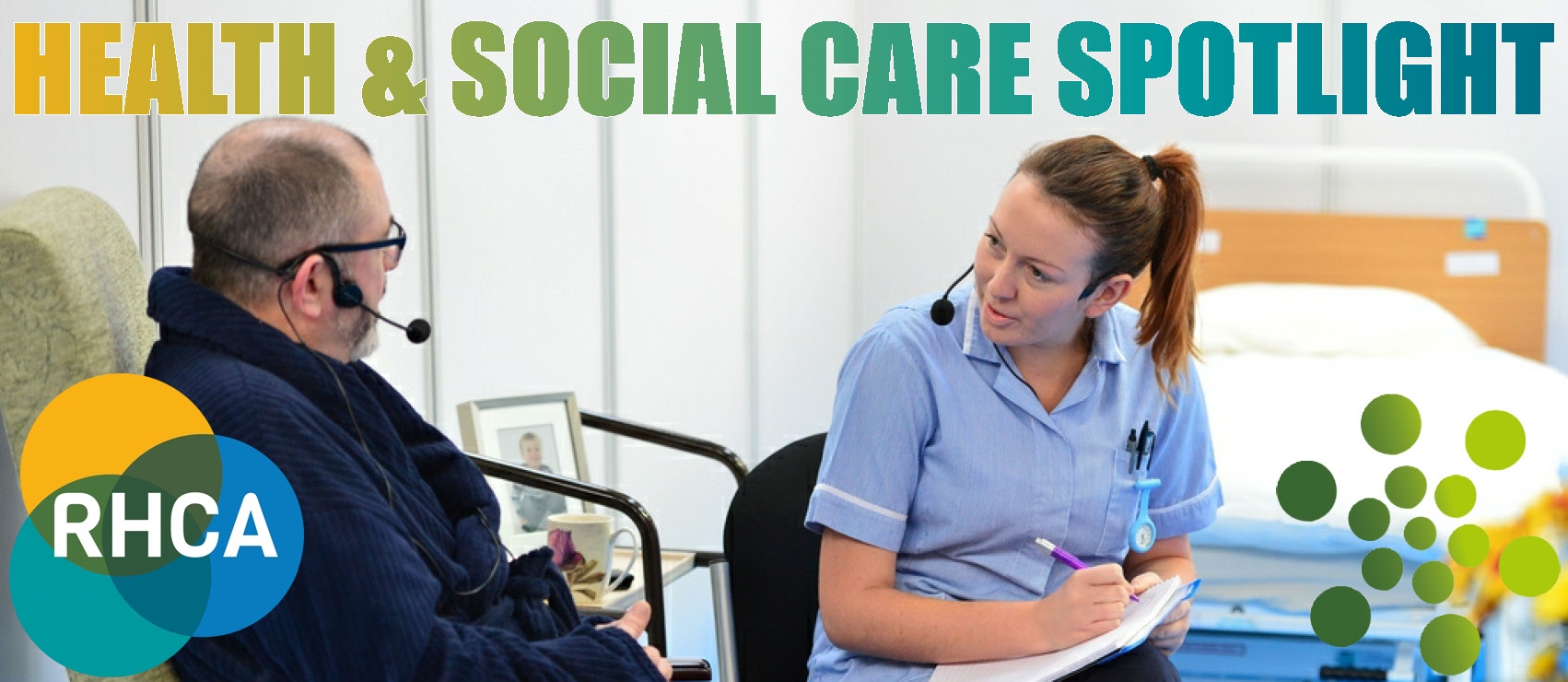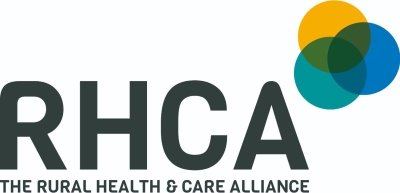T: 01822 851370 E: [email protected]
Visit RSN Survey about life in rural England to find out more.
Health and Social Care Spotlight - December 2019

This newsletter on rural health is provided for the RSN and the Rural Health and Care Alliance
It includes a roundup of rural health news, research, learning and best practice. If you have any information you wish to share with other members of the Alliance or case studies that you think others would benefit from, please let us know!
Please forward to colleagues if they are interested in rural health
We look forward to working with the newly elected Government and Matt Hancock, the Secretary of State for Health to ensure that rural areas have access to health services and are fairly funded. |
|
News stories that have been featured on our rsnonline.org.uk website include: Winter pressures increasing for care services Average journey times to public services across England revealed Rural Domestic abuse in the spotlight Councils need billions more for adult care |
|
RSN provide a range of opportunities for colleagues to come together to discuss issues affecting rural health. Member organisations are welcome to attend these events for free. Rural Health and Social Care Meeting Our regional seminar programme of 7 events includes one on Rural Health and Wellbeing in July. It was kindly hosted by West Suffolk Council and took place in late July. Open to members of the RSN and RHCA, there were 4 speakers who shared their expert knowledge with delegates. Kate Pym from Pym’s Consultancy, Sheila Childerhouse, the Chair of West Suffolk NHS Foundation Trust and Jonny Haseldine, the Parliamentary Assistant to Anne Marie Morris MP. Full details and notes of the meeting are available at the link above.
- These are all available here |
|
Whitehall updates the Index of Multiple Deprivation The RSN's Observatory is the place to discover the statistics behind key issues facing rural communities in England, issues that the RSN is striving to highlight and tackle through its work. The Observatory is additionally a great place to understand the numbers that define the communities within our membership through an expanding group of analyses, with this body of work soon to be given its own area on the RSN website called Member Insights & Analysis. |
|
Scottish rural GPs to receive more BMA help due to inequitable contract (2 Dec 2019, Pulse) Suffolk artist sketches to raise funds for farmers mental health (1 Nov 2019, BBC) A care home opens its doors to lonely elderly people on Christmas Day (11 Dec 19, Western Morning News) |
|
THE SOUTH WEST ACADEMIC HEALTH SCIENCE NETWORK The South West Academic Health Science Network (SW AHSN) works to improve the health and patient experience of people in the South West by supporting and accelerating innovation and quality improvement. As the only body that connects NHS and academic organisations, local authorities, the third sector and industry, they are catalysts that create the right conditions to facilitate change. This is by spanning the regions health and social care economies, with a clear aim on improving outcomes for patients. They are uniquely placed to identify and spread health innovation at pace and scale; driving the adoption and spread of cutting edge ideas and technologies across networks. |
|
The DDA’s 2019 Rural Practice Manifesto
Taken together, these developments will see pressure removed from local district general hospitals providing my patient-centred care, closer to home as the NHS develops GP policy around the country. |
 |
What is the Rural Services Network?RSN is a membership organisation and the national champion for rural services, ensuring that people in rural areas have a strong voice. We are fighting for a fair deal for rural communities to maintain their social and economic viability for the benefit of the nation as a whole. Our membership includes over 120 Local Authorities and over 170 rural service provider organisations. |
 |
What is the Rural Health and Care Alliance?The Rural Health & Care Alliance is a membership organisation dedicated to providing news, information, innovation and best practice to those delivering and interested in rural health and care. It has been established through a partnership between the National Centre for Rural Health and Care and the Rural Services Network (RSN) and is affiliated to both the National Centre and the RSN. Members will be kept informed of the National Centre’s activity and the related activity of the RSN on rural health and care and have the opportunity to influence both organisations’ work. |









